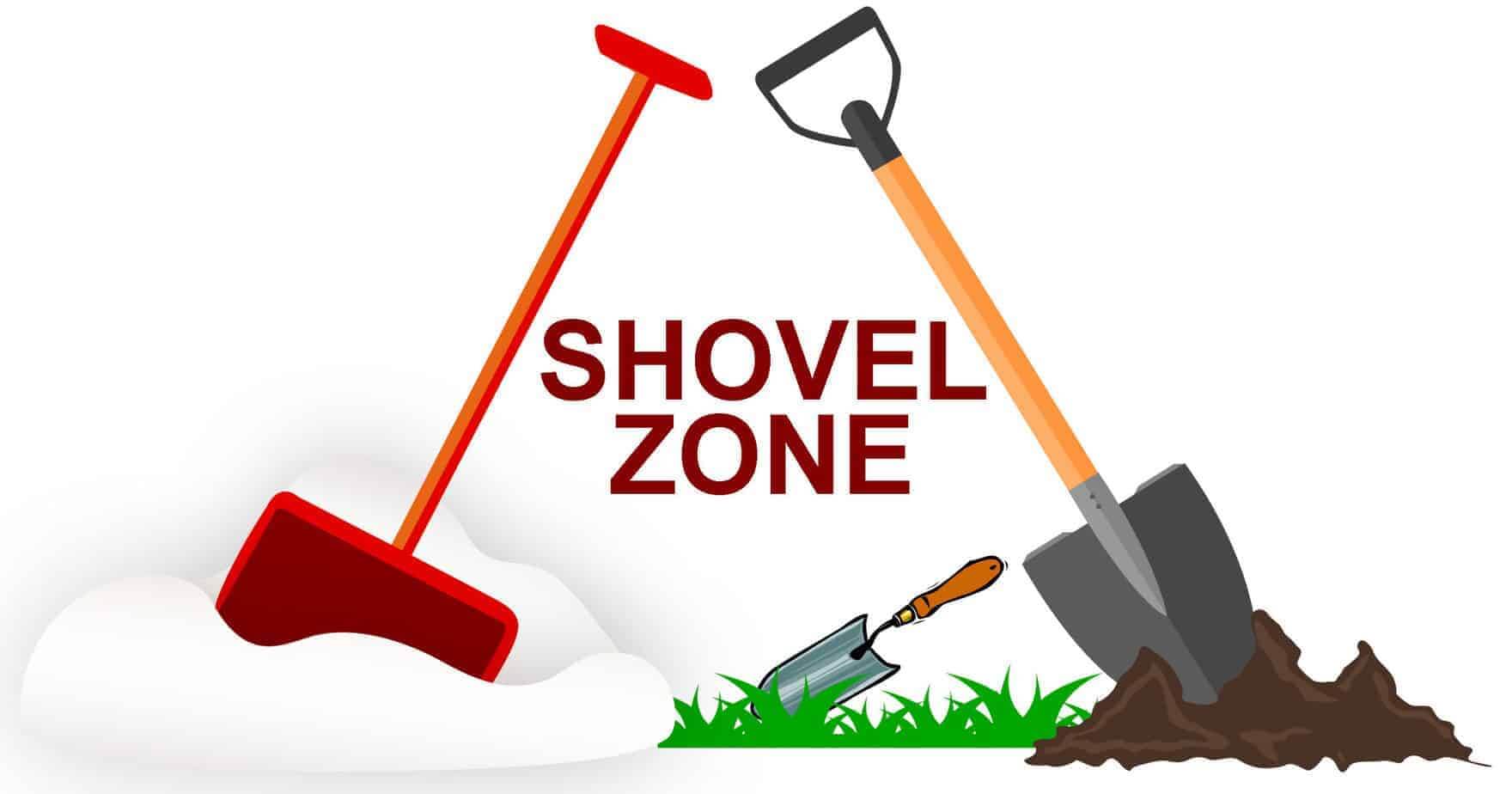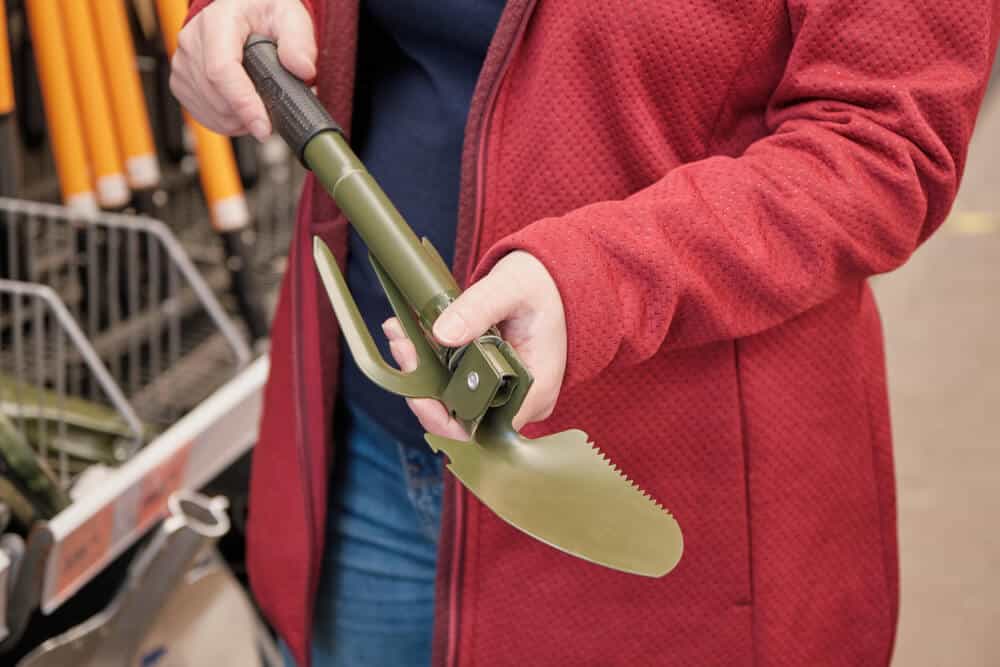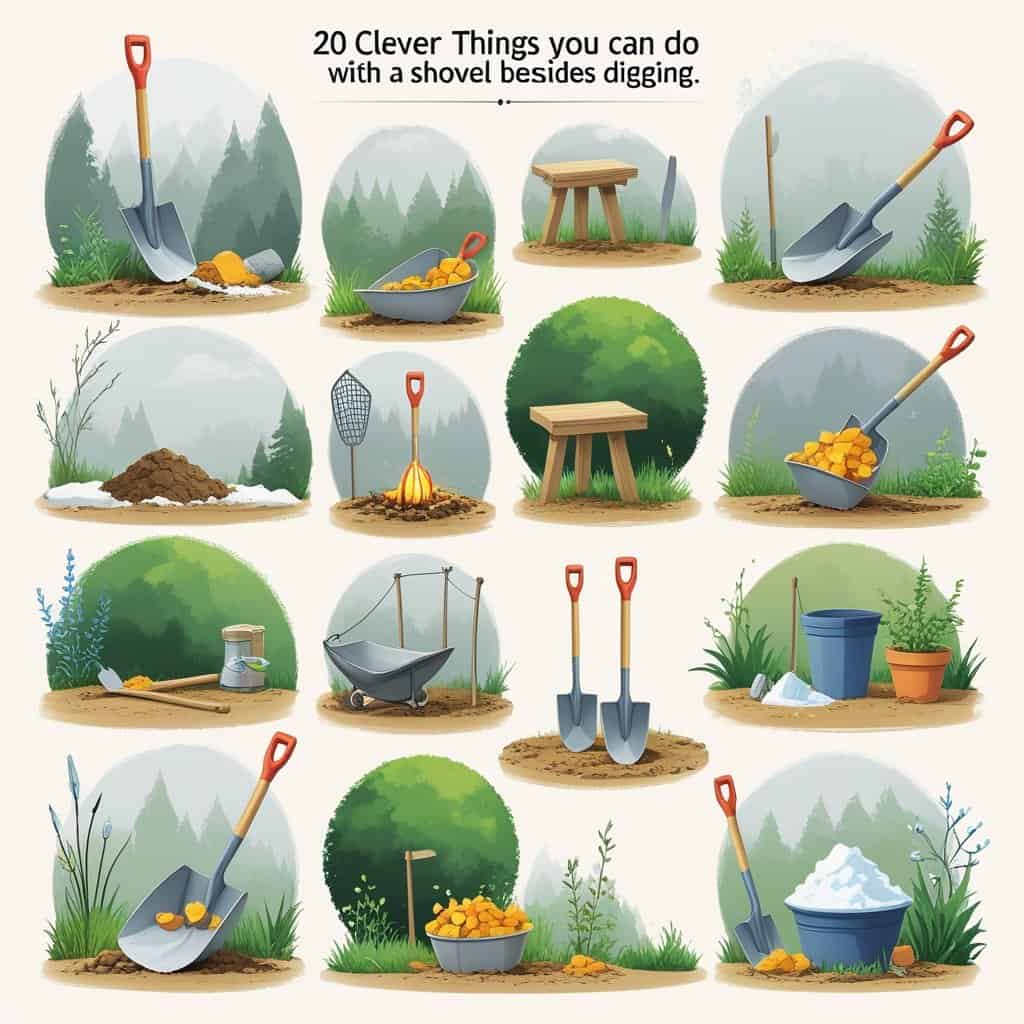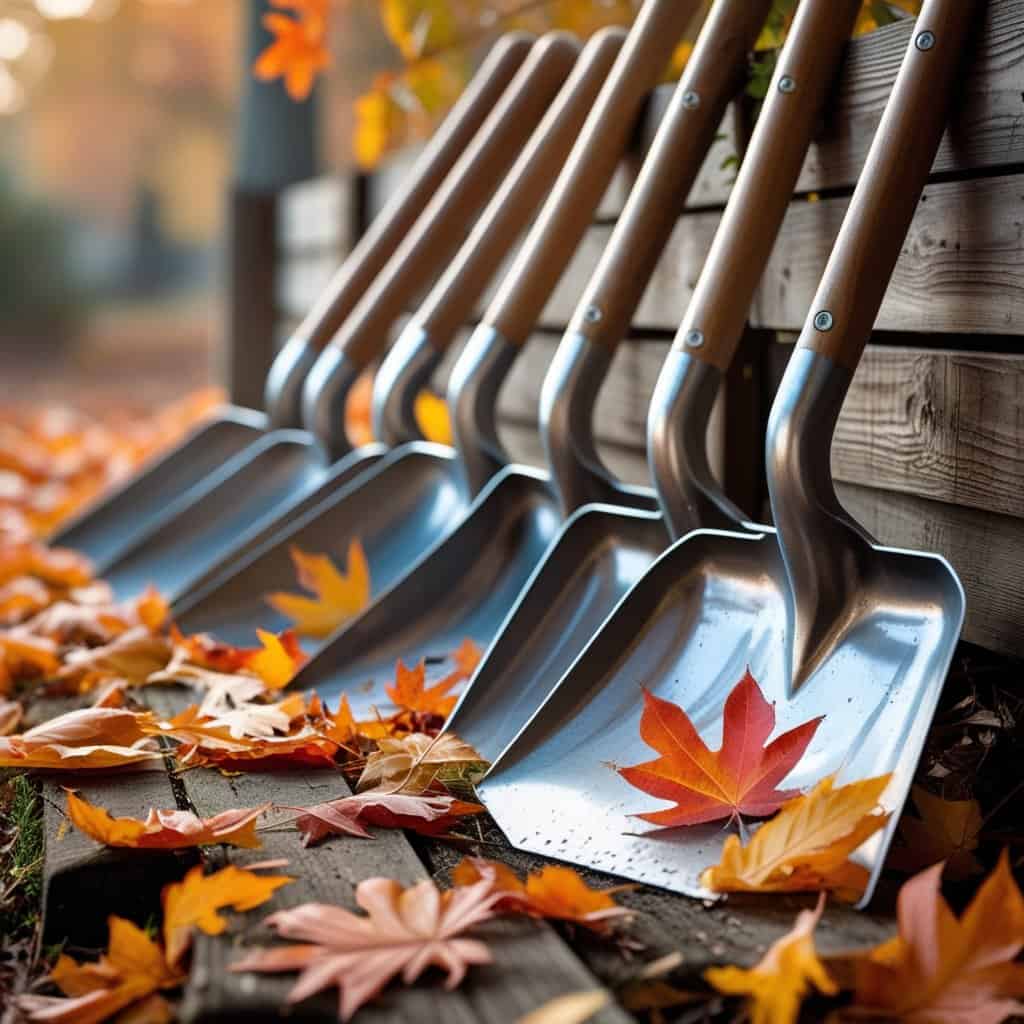If you are a metal detector enthusiast, you know the importance of having the right equipment when hunting. A folding shovel is one of the most essential tools for any metal detectorist. A folding shovel is a compact and portable tool that makes it easy to dig up targets and recover finds.
Table of Contents
Why Use a Folding Shovels for Metal Detecting?
One of the essential tools for metal detecting is a shovel. While various shovels are available, a folding shovel is the best option for metal detecting. Here are some reasons why:
- Portability: A folding shovel is compact and easy to carry or store in a backpack or a small pouch, making them ideal for metal detecting in remote areas where taking bulky tools can be challenging.
- Convenience: A folding shovel is easy to assemble and disassemble, which saves time and effort during metal detection. You can quickly dig a hole and move on to the next target without wasting time assembling and disassembling a bulky shovel.
- Durability: Folding shovels are made of materials like steel or carbon steel, making them durable and long lasting. They can withstand the rigours of metal detecting and can be used in various soil types.
- Versatility: A folding shovel can be used for multiple tasks beyond metal detecting. Its portability and convenience make it an excellent tool for outdoor enthusiasts, whether camping, hiking, gardening, or other outdoor activities.
Features to Consider When Choosing A Folding Shovel
Size and Weight
One of the most important factors to consider when choosing a folding shovel for metal detecting is its size and weight. You want a compact, lightweight shovel to carry around with you but also big enough to effectively dig through soil and sand. Look for a shovel that is approximately 9-12 inches long when folded and weighs no more than 2-3 pounds.
Material and Durability
The material and durability of a folding shovel are also essential factors to consider. You want a shovel that can withstand the wear and tear of regular use. Look for a shovel made of durable stainless steel or carbon steel with a strong, sturdy construction that can handle heavy use.
Handle and Grip
The handle and grip of a folding shovel are also important considerations. You want a shovel with a comfortable grip that will not slip out of your hand while digging. An ergonomic handle with a non slip grip designed to fit comfortably in your hand is the best choice. Some shovels have a rubber or plastic coating on the handle for added comfort and grip.
Blade Shape and Edge
A folding shovel’s blade shape and edge can also affect its performance. Look for a shovel with a sharp, pointed blade that can easily cut through soil and sand. Some shovels also come with serrated edges that can be useful for cutting through roots and rugged or rocky soil.
If you metal detect primarily in sand you may want to consider a sand sifter. Our guide Sifter Shovels is a great resource for your consideration.
Top Folding Shovels for Metal Detecting
Gerber E-Tool Folding Spade
The Gerber E-Tool Folding Spade is another excellent folding shovel for metal detecting. The blade is durable steel and features a serrated edge perfect for cutting through tough roots and soil.
This folding shovel also has an ergonomic handle to reduce fatigue and strain on your hands and wrists and has a non slip material that provides a secure grip, even when your hands are wet or sweaty.
Schrade Frontier Shovel
The Schrade Frontier Shovel is a versatile shovel perfect for metal detecting. This shovel features a telescoping handle that can be adjusted to three lengths, making it easy to use in various situations.
Tyger Shovel
The Tyger Shovel has 16-in-1 multifunctions for Metal Detecting, Off-roading, Camping, Fishing. It has all you need an more for a successful and safe metal detecting adventure.
How To Use Folding Shovels For Metal Detecting
When you’re out metal detecting, a folding shovel can come in handy for digging up your finds. Here are some tips on how to use a folding shovel when metal detecting:
- Choose the spot to dig. Using your metal detector, locate a target and mark the site with a small flag or marker.
- Clear the area. Remove any rocks, twigs, or other debris from the location where you’ll be digging.
- Start digging. Use the folding shovel to dig a small hole. Be careful not to damage any artifacts or other items in the ground.
- Check your hole. Once you’ve searched your spot, use your metal detector to check for any targets in the hole.
- Refill the hole. If you didn’t find anything, refill the hole with the dirt you dug out. Pack it down firmly to avoid leaving any holes or depressions in the ground.
- Remember always to respect the environment and any artifacts you may encounter. Leave the area as you found it, and dispose of any trash or debris properly.
Final Thoughts
A folding shovel is an essential tool for metal detecting. Its portability, convenience, and durability make it the best option for metal detecting. Consider weight, durability, and versatility when choosing, and with the right shovel in hand, you will be ready to tackle any metal detecting adventure that comes your way. Whether you are a beginner or an experienced metal detectorist, a folding shovel is a must have tool in your kit.
Frequently Asked Questions
Can I use a folding shovel for other outdoor activities?
Yes, a folding shovel is a versatile tool that can be used for various tasks beyond metal detecting. It can be used for camping, hiking, gardening, and other outdoor activities.
Why do I need a folding shovel for metal detecting?
A folding shovel is an essential tool for metal detecting because it makes it easy to dig up targets and recover finds. It is also compact and lightweight, making it easy to carry around while you are searching for treasure.
What is the best shovel for digging artifacts?
The soil you are digging in will make the difference, but as a rule of thumb a shovel with a pointed tip is better for digging in hard or rocky soil, while a flat-edged shovel may be better for softer soil. A smaller shovel or folding shovel is best so that you do not hurt the artifact.









